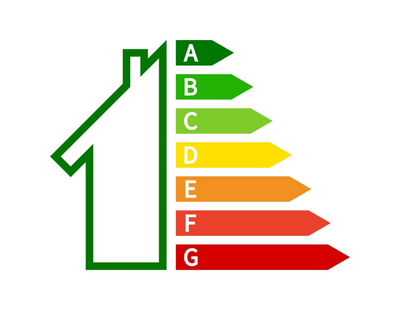Under revised plans, the government will scrap proposals to force landlords to upgrade significantly the energy efficiency of their properties under Minimum Energy Efficiency Standards, but instead continue to encourage households to do so where they can; and raise the Boiler Upgrade Grant by 50 per cent to £7,500 to help households who want to replace their gas boilers with a low-carbon alternative like a heat pump.
In addition the government will now delay the ban on installing oil and LPG boilers, and new coal heating, for off-gas-grid homes to 2035, instead of phasing them out from 2026. It will also set an exemption to the phase out of fossil fuel boilers, including gas, in 2035, so that households who will most struggle to make the switch to heat pumps or other low-carbon alternatives won’t have to do so.
Shephard says landlords around the country will be heaving a sigh of relief, especially as certain rental dwellings are harder to insulate than others. T
Shephard writes in the latest edition of the Home index: “Of course, no one wants people to be forced to live in substandard housing. However, tenants in the private sector choose the property they wish to rent (or buy). Energy Performance Certificates provide a good indication as to how costly the property will be to rent. Hence, a savvy prospective tenant will choose to pay a bit more rent to ensure their energy bills are lower.
“On the other hand, a tenant who chose a grade ‘F’ EPC rental property should expect to pay more for heating. Higher demand for energy-efficient housing will naturally drive the sector in the right direction provided there is sufficient choice.
“Sunak is right not to impose draconian rules on an eclectic mix of housing types, which would only scare landlords out of the market. Better to encourage more focused investment in the private rental sector (especially Green Mortgages for Landlords and Build to Rent), thereby increasing the stock of energy-efficient rental accommodation. Let’s hope that future policy pushes harder in this direction, which would have the added bonus of alleviating the chronic shortage of rental properties.”
Meanwhile the October edition of the Home index - which analyses over 100,000 homes listed to let and over 500,000 to buy - says gross yields for landlords have improved considerably allowing many, if not most, landlords to cope with higher interest rates. And the index says that the high cost of renting helps to ensure that demand for home purchases remains significant.
It continues: “A strong rental market has been key to supporting the sales market. Such large increases in rent over the last five years were brought about by a dramatic fall in the stock of on-market properties available to let.
“Today, the total rental stock is 48 per cent lower than it was in October 2018, although the actual record low point was in September last year. Since then, stock has steadily increased (by around 37 per cent) and this is why rent hikes are now slowing. Despite this rise, the amount of property available to let is still historically very low and this will support smaller rent rises going forward and therefore also the sales market.”
Home says stock levels of unsold property rose again during September but remain within the range which existed during the seven years pre-Covid.
“However, given both a low supply of new instructions and the relative strength of the rental sector, an overabundance scenario would appear unlikely, at least in the short term” it says.
Rents continue to rise albeit more slowly due to an increase in supply of 19.7 per cent over the last 12 months. Overall, the mix-adjusted average annualised rise in rents for the UK stands at 9.7 per cent, while rent inflation in the North West continues to lead the regional growth table at 15.0 per cent.
We're excited to announce that we're working on building a shiny new website for readers of Landlord Today! As part of this process, commenting on articles will be temporarily disabled. We look forward to sharing our new and improved Landlord Today website with you shortly!









.png)

(1).png)







